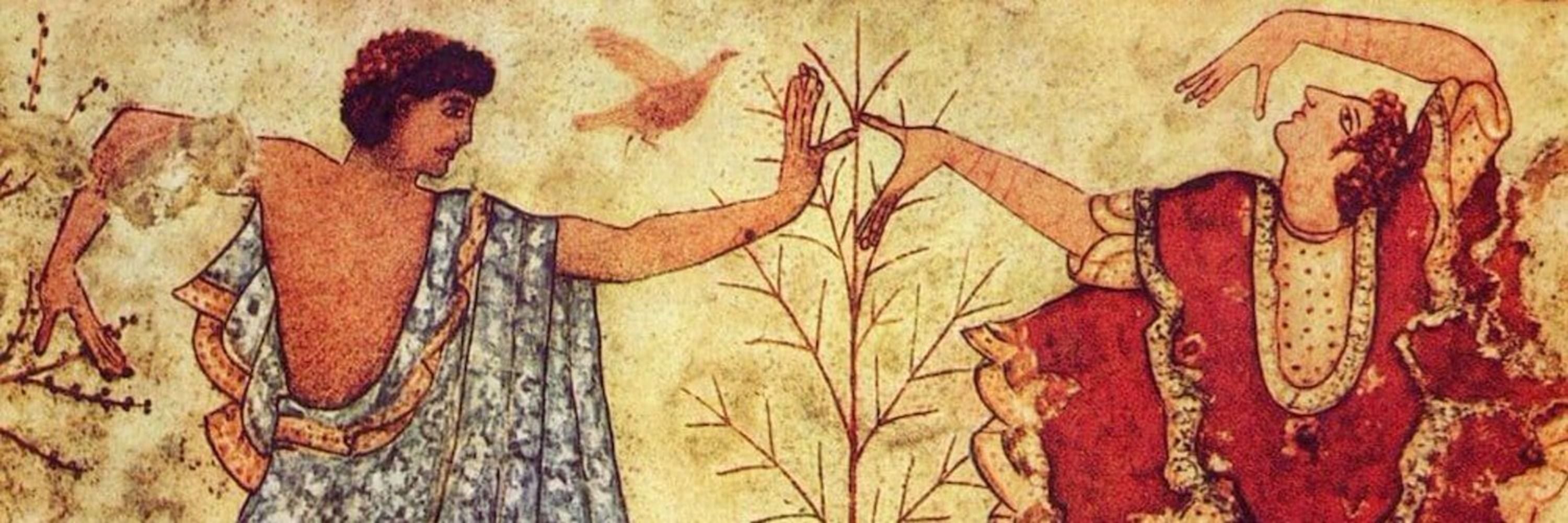Georg Gangl
@ggangl.bsky.social
400 followers
340 following
260 posts
Philosopher of historiography @centrephilohistory.bsky.social. Likes narrative, evidence and evidence-based narrative. Versucht, "auch einmal auf dem Kopfe zu gehen" (Hegel).
https://philpeople.org/profiles/georg-gangl
Posts
Media
Videos
Starter Packs
Reposted by Georg Gangl
Reposted by Georg Gangl
Reposted by Georg Gangl
Georg Gangl
@ggangl.bsky.social
· Sep 8























